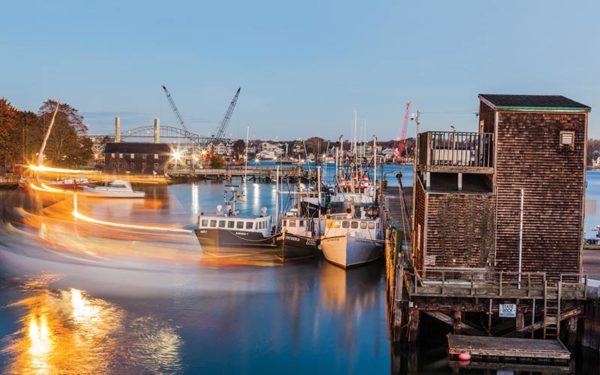Trump Attacks Marine Monuments in Rollback of Ocean Protection
The Trump administration’s attack on marine monuments and fishing regulations threatens our ocean.
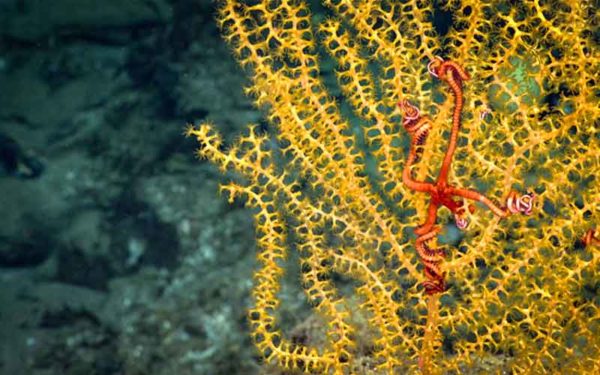
The Trump administration’s attack on marine monuments and fishing regulations threatens our ocean.

Overfishing is not caused by the actions of an individual boat. It’s a systemic problem in which federal regulators may allow fish to be caught faster than they can replenish themselves.
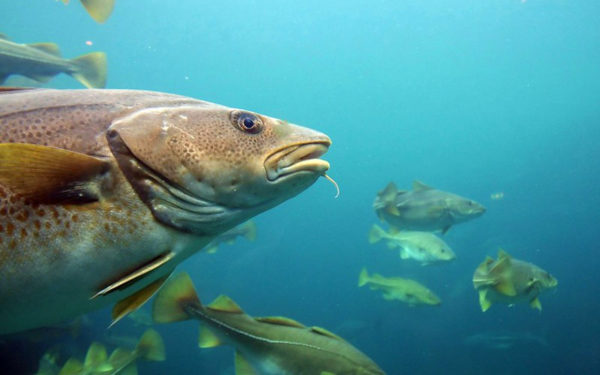
Open-ocean, finfish aquaculture might seem like an efficient alternative to traditional commercial fishing but these fish farms cause tremendous damage to New England’s environment.
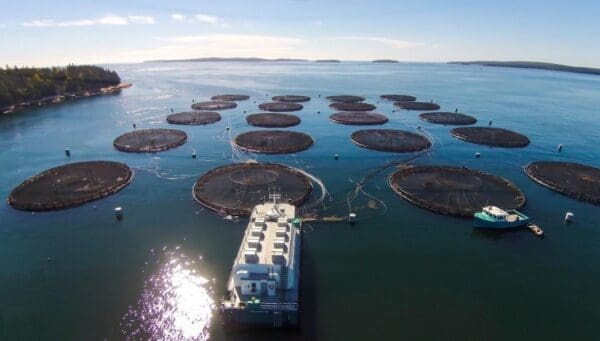
New England’s fishery managers have adopted a new plan to help the Gulf of Maine cod population bounce back.
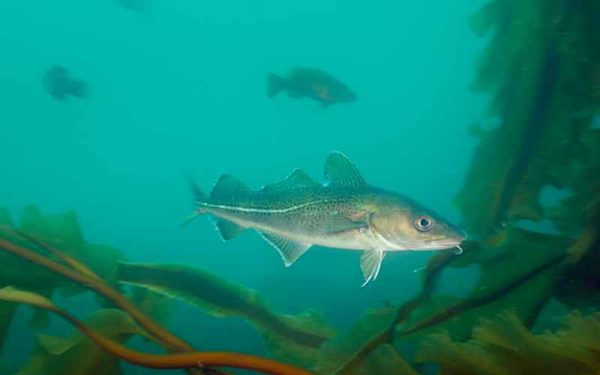
As the federal government takes action to restore and conserve our nation’s lands and waters, strengthening protections for National Marine Sanctuaries must be a priority.
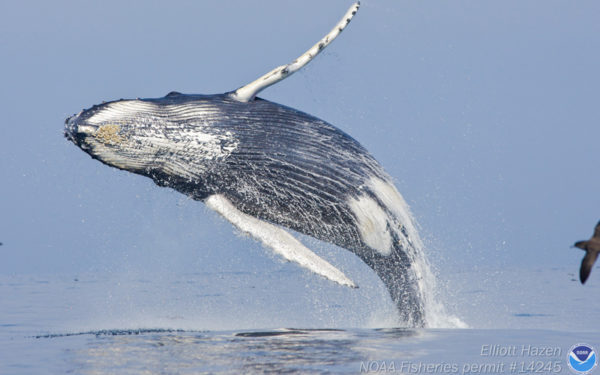
Federal fishery managers denied CLF’s petition to end overfishing and rebuild Atlantic cod. Now, New England fishery managers begin a third attempt to save cod.

“For too long, the federal government has failed to act while North Atlantic right whales slip toward extinction,” said Erica Fuller, Senior Attorney at CLF. “The court’s ruling today makes it clear that fishery managers must do more to protect this species. We must all commit to taking and funding every step necessary, because even one right whale death is too many.”
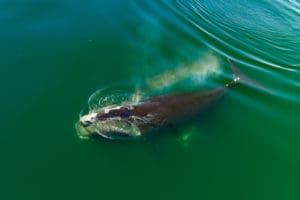
As New Englander’s, we are lucky to have our very own marine National Monument in our backyards. But it shouldn’t be the last. Here are 5 reasons why we must continue to protect special places in our ocean.
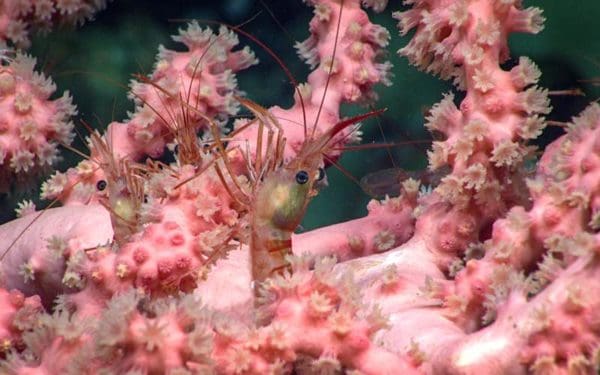
Federal fishery managers have approved a new rule that will require 100% at-sea catch monitoring to help stop overfishing species like Atlantic cod in New England.
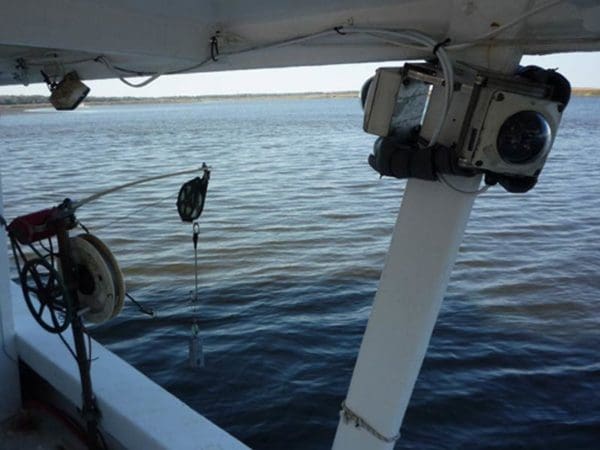
For more than two decades, Carlos “The Codfather” Rafael dominated the New England groundfishery. He made millions from his criminal activities before a sting operation shut him down and forced him into prison.
CLF’s latest publication offers guidance to improve the current management system and avoid another scandal like Rafael’s.
